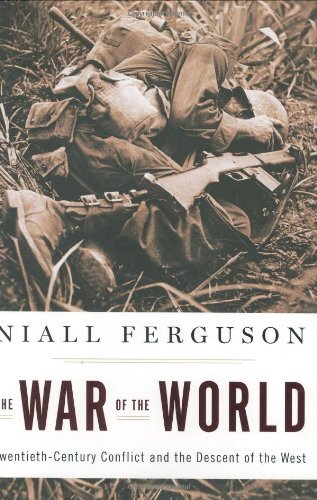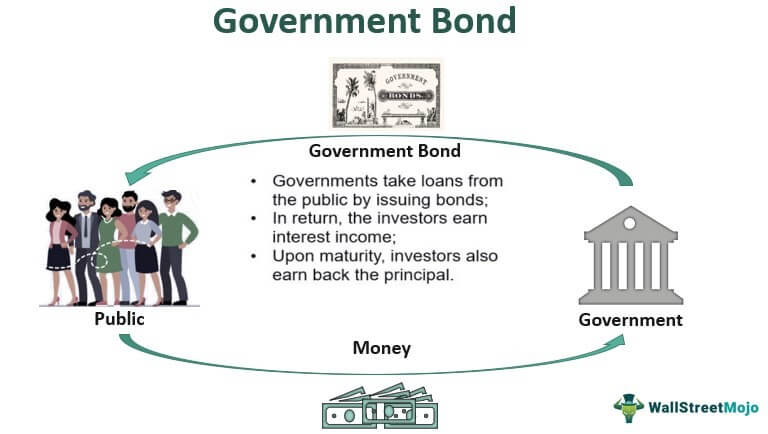Bond Markets &Two World Wars

Niall Ferguson, a historian, has never been tired of reminding everyone of every important history lesson not well learned enough. I can still hear him screaming at me from this voluminous book: "When will you learn, young lady?" Honesty, I have learned quite a lot from Ferguson's narrative. What interests me most, though, is Chapter 3 which is about the collective failure of bond markets in predicting the two world wars. Bond traders are supposed to be smarter than their customers, aren't they? Too bad that they really aren't. If you happen to a bond trader, please don't get too mad at me. Anger won't make you smarter, right?
……
Government bond traders, needless to say, have feelers for war and peace, in which they have a financial stake. Readers of Mao Dun's Midnight ( 茅盾《子夜》) must recall the Shanghai bond market's crazy ups and downs in response to China's political volatility during the early 1930s. By contrast, in the West and particularly in Europe, the bond market had been sailing through the better part of the 1930s until Czechoslovakia was signed away in the Munich Agreement of September 29-30, 1938. Meanwhile, if we don't mind rewinding to the early 1910s, we would hardly see any worried bond traders in Europe then, as the market contemplated no outbreak of the First World War even on the eve of August 1, 1914.
My question is, how come the bond market in the West woke up so late when a world war was about to erupt? Looking back, it is quite clear to us that the two world wars were each preceded by escalating conflicts between and among the great powers. What made the bond market so blind to all the apocalyptic clues and cues so obvious in retrospect? Also, why were the leading news outlets of those times equally clueless?
It's unlikely that a few big bond market players could have conspired to hide all the bad news from the world. In all likelihood, as attested by the pre-WWI records, London's most powerful financiers, such as the Rothschilds, truly believed that the bond market just needed to iron out the wrinkles. They had no idea that the Great War was already around the corner. Because of their own optimistic forecast, they ended up losing almost half of their wealth.
Let's fast forward to 1938: bond values did drop, on average, by 7% but the Swiss market held up fairly well, thanks to the unwavering commitment of the United States to the transatlantic trade. This didn't change much even when Hitler invaded Poland on September 1, 1939, which touched off the Second World War. Inconceivably though, echoing public sentiment, the bond market regarded the initial 8-month lull on the Western Front as the phoney war. The war was not phoney. The West simply lulled itself into a false sense of security, for which the Third Republic of France paid with its existence.
Given the geological fault lines, it is still super-difficult, if not impossible, to predict exactly when a super-earthquake will happen -- likewise for a world war, given the geopolitical fault lines. Bond brokers would agree with that, super-informed as they might be.
by 水儿

*All images are from Google.